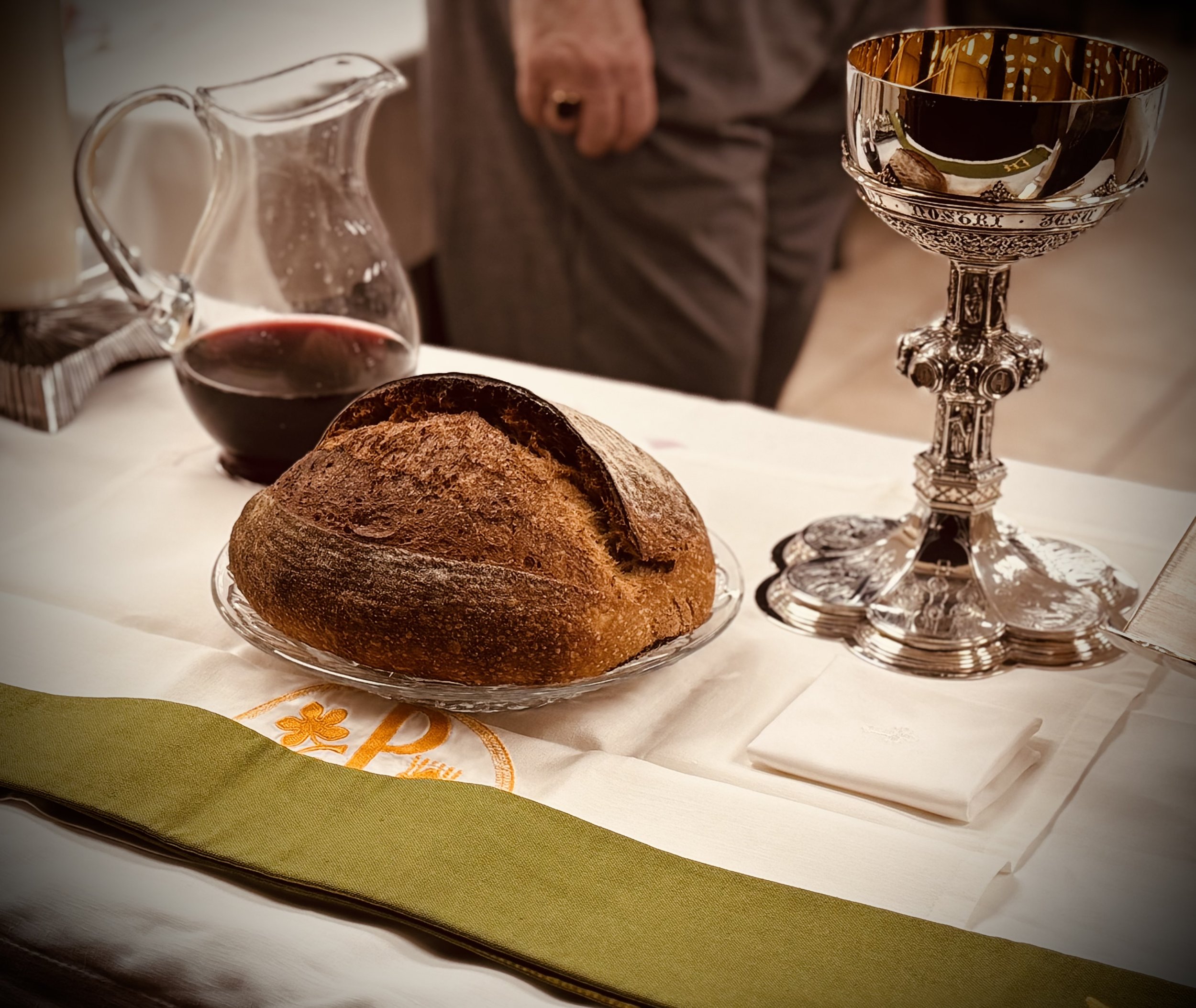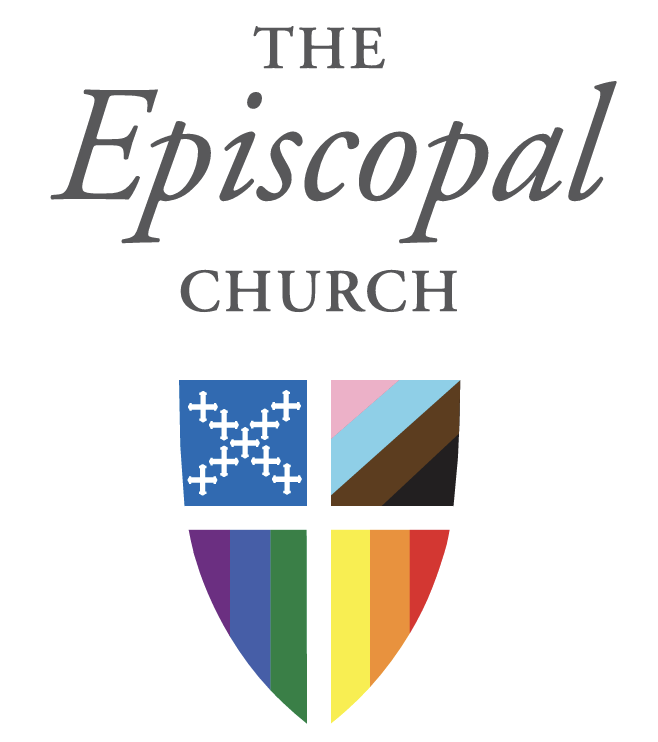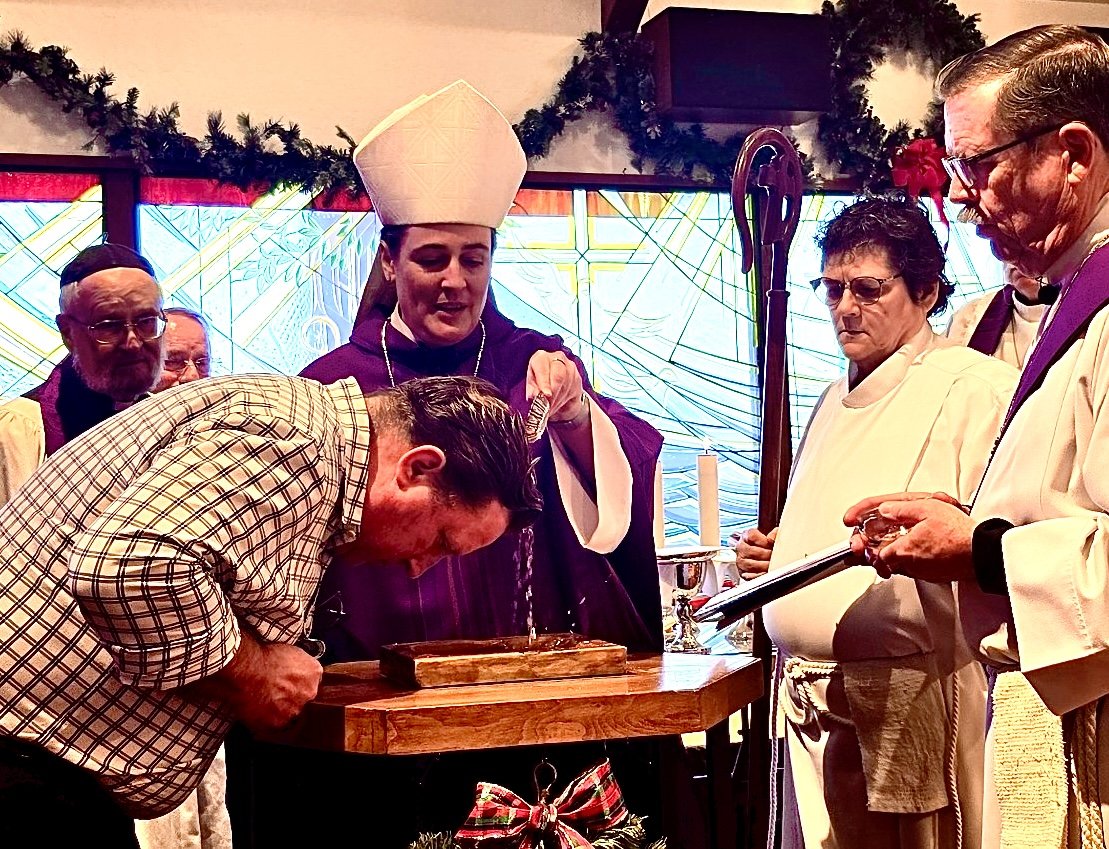
The Episcopal Church of
St. John the Baptist
A Welcoming and Affirming Parish in the Episcopal Diocese of Arizona
Welcome - Worship - Connect - Serve
You are welcome in this place! Come as you are!
Wherever you are in your faith journey, you are welcome at St. John’s! We are a welcoming and affirming parish! God loves you for who you are, and we love you, too!
Worship With Us!
The Holy Eucharist is the source and summit of our worship week! We invite you to celebrate with us, and to share the Body and Blood of Christ.
Sunday services are at 8 and 10:15 a.m.
Wednesday Healing Eucharist with anointing is at 1 p.m.
Parish Picnic and Party On May 4!
Celebrate Star Wars Day with us on Sunday, May 4th!
May the 4th be with you… and also with you!
We will celebrate the retirement of our beloved Deacon Chuck Milhoan. Hotdogs and hamburgers will be provided. Please bring a potluck side to share!
There will be One Service on Sunday, May 4th at 10:15 a.m. The picnic will follow.
We hope to see you there!

We Welcome You
Come visit us! We share the love of God with everyone we meet! (And we’re not afraid to have a little fun doing it!)




